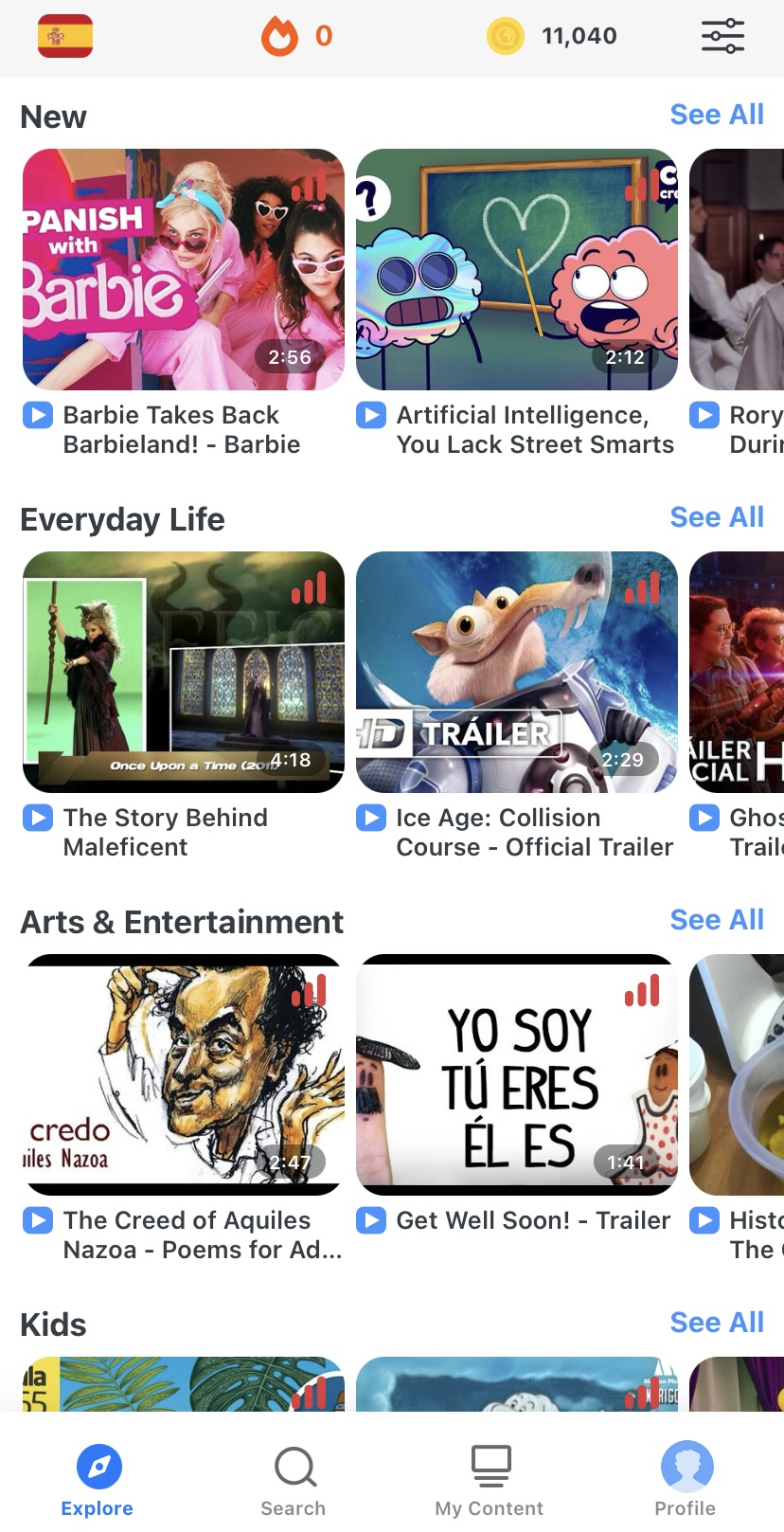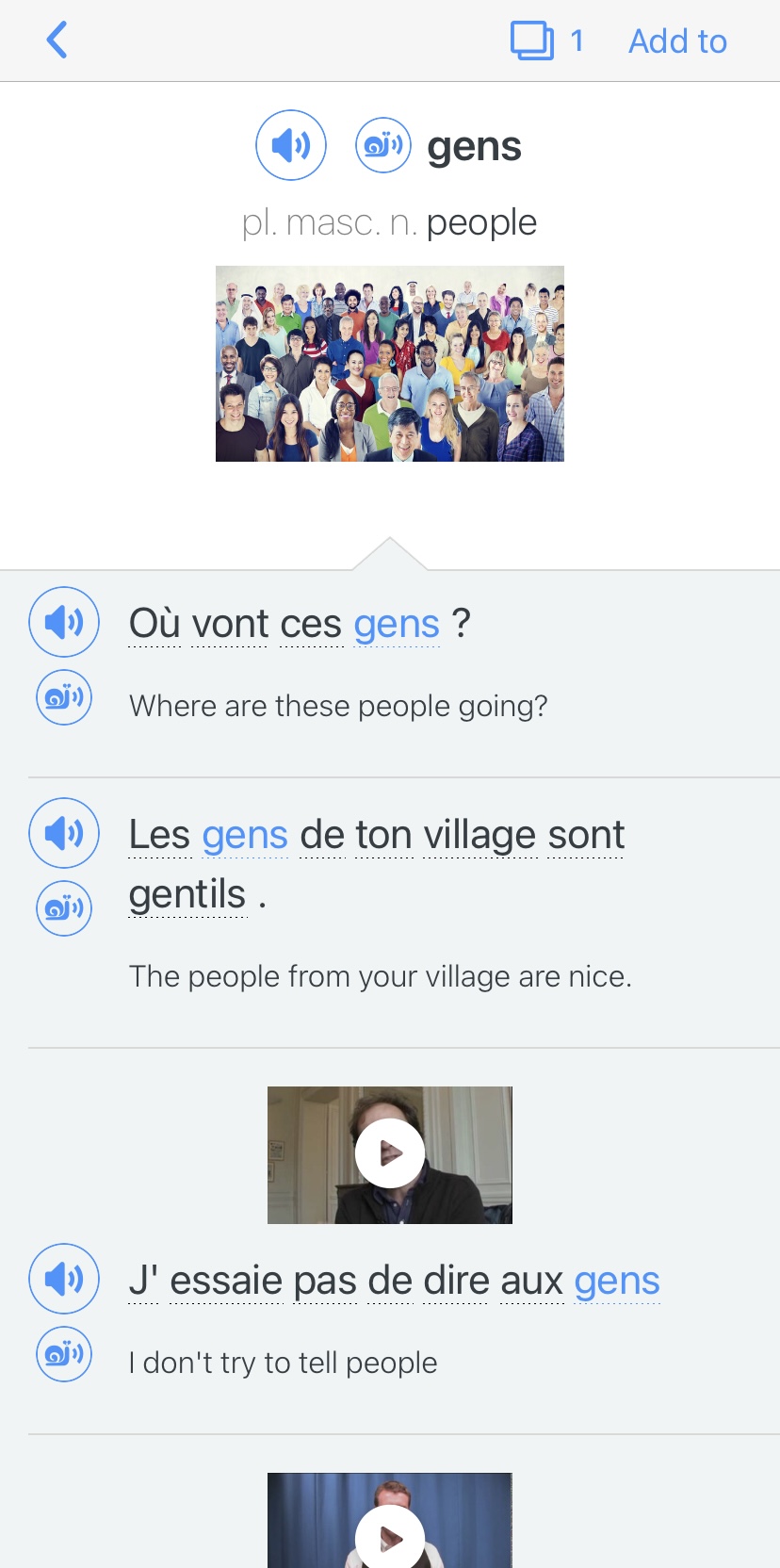5 Tips for Keeping a Language Learning Diary and Why You Should

A language learning diary is where you keep a record of what you learn on your journey to fluency.
You’ll want to use your target language as much as possible to write regular updates, review language points, reevaluate your learning methods and so much more.
And while every journal is personal, the tips below will help you use your language learning diary to the fullest extent for maximum benefit.
Download: This blog post is available as a convenient and portable PDF that you can take anywhere. Click here to get a copy. (Download)
1. Make It Easy to Keep
If you don’t obey this tip, the rest of the tips don’t even matter. The most important thing about your language learning diary is discipline, and to get that discipline, it needs to be easy for you to make it a part of your routine.
This means it has to be both convenient and enjoyable!
Some of this comes down to the format you choose to use:
- A notebook: You can decorate it, doodle in it and carry it around at all times
- The notes app on your phone: For those who prefer digital storage or want to include audio and video
- A cloud-based tool: Access your diary from any device at any time
- A blog: Easily share your progress with classmates, friends and teachers
Another nice way to make your diary fun is to take the opportunity to play with the language.
Remember, you’re not being graded on this! For example, maybe you want to remember some similar sounding words in Spanish, so you write…
El papa empapa las papas de papá. (The Pope soaks dad’s potatoes.)
It’s silly, but you’ll remember it—and perhaps laugh when you read it back later.
Not Sure What to Write in Your Language Journal? 6 Ideas | FluentU Language Blog
Looking for language journal ideas? Click here! We’re covering what to write about, how to write it well and when to write it in this post. We’ll walk you through how to…
2. Make It Multimedia
Another excellent way of making your diary interesting for yourself is to mix up the media you’re using.
This could be as simple as sticking newspaper or magazine clippings onto pages of your notebook. However, you can think bigger!
Not only do phones have notes functions, but most will allow you to record audio and save video, too. Practice your speaking and listening, and leave little notes for your future self.
There also are lots of multimedia language learning methods out there that you can use alongside your diary while you take notes on what you hear and see. For example, FluentU is an app and website that teaches languages using authentic videos.
FluentU takes authentic videos—like music videos, movie trailers, news and inspiring talks—and turns them into personalized language learning lessons.
You can try FluentU for free for 2 weeks. Check out the website or download the iOS app or Android app.
P.S. Click here to take advantage of our current sale! (Expires at the end of this month.)
I’m also a huge advocate of using music as a tool to learn language. Rhythm and rhyme are some of your best friends.
Make notes of the songs you listen to in your target language so you can go back to them later—and hopefully understand them even better.
3. Write Down Your Goals
A diary doesn’t only need to be backwards-looking. Use it to record your ambitions, too.
For example, my goal in Italian is to be able to sit at a dinner table with my girlfriend’s friends and family and have them not have to speak a single word in English—and that’s noted in my diary so I can hold myself to it!
This means I can check in on my progress and tailor my learning accordingly.
For instance, a few weeks ago I recorded in my diary that I had been more confident listening to a conversation where I knew what the topic was, as well as answering basic questions. In that case, it was a conversation about Italian politics.
I then noted that my goal the next time I met with friends was to ask their opinion on politics—and understand the answers.
How to Set Realistic Language Learning Goals | FluentU Language Learning
Language learning goals are like maps. They can give you a quick glance of where you are, where you want to be and how you can get from Point A to Point B. But what’s the…
4. Involve Other People
Obviously a diary is personal… but you’re not writing about your high school crush here. (Well, maybe you are, but at least you’re doing it in Arabic!)
Getting other people involved can help you discipline yourself as you have someone else to hold you accountable as well as improve your language skills.
Challenge a classmate or language buddy to keep a diary, too, so you can meet up and compare your progress.
If you’re keeping your language learning diary as a blog, like this one, allow and encourage others to comment on your entries and share their experiences.
If you’re taking classes, you could get your teacher to look over your diary on occasion. However you do it, sharing is caring!
5. Review Your Diary Regularly
Of course, the act of writing things down will itself be helpful to you, but only a fraction as helpful as if you read over it again later.
Make time every month to read back over what you’ve written.
You might just read through the previous week or two. But it’s also worth occasionally going back to the very beginning and reminding yourself of some long-forgotten language points.
Rereading the highlights of your journey will help the language stick in your mind better.
It will also allow you to revel in your progress—what a motivator!
How to Create Your Own Effective Language Study Plan | FluentU Language Blog
The best language study plans have five important aspects in common. Crafting a great language learning plan requires careful forethought and built-in progress checkers,…
Benefits of Keeping a Language Learning Diary
There are huge benefits in dedicating the time to a language diary, whether you’re learning in classes or independently.
For guided study, a diary can help you:
- Keep track of materials studied. Sure, you have a syllabus, but we often tend to remember far more of what we write than what we read or hear.
- Memorize and review information. More than just an exercise book, this is your living, breathing narrative of learning a language—all written by and for you.
- Practice in a different way. Your diary is for you, and not for a grade, which allows for much freer practice than doing a worksheet or exercises from your book.
- Place into a new class. A teacher may be able to use your diary to help them understand where you’re at, what you may be struggling with and which level course you should be in.
For independent study, your diary is still a great tool. It can:
- Improve your study discipline. If you commit to writing in your diary once a week, that blank page will help you stay regular in your learning and make progress towards your goals.
- Help structure your learning. Keeping a diary with regularity gives the feel of a class without having to be in one. Remember to date each entry so you can track your progress.
- Show you areas you might be neglecting—and ones in which you’re particularly strong. Use your diary entries to inspire additional practice of a tricky grammar point or a new topic for later conversation with a native speaker.
Keeping a language diary can help you document your struggles and successes, track your progress, boost your confidence and so much more.
So what are you waiting for? Write your first entry today!
Download: This blog post is available as a convenient and portable PDF that you can take anywhere. Click here to get a copy. (Download)
And One More Thing...
If you're like me and love learning languages through real-world content, FluentU is a game-changer. With FluentU, you're not just memorizing words—you’re learning how native speakers actually use them.
With our newest feature, you can now bring FluentU’s interactive tools to any subtitled content on YouTube or Netflix—or even import YouTube videos directly into your FluentU account!
You’ll also get access to a huge variety of content in our curated video library, from movie trailers to news clips, music videos, and more. The best part? FluentU makes this native-language content accessible for learners of all levels.
While you watch, you can tap on any word in the interactive subtitles to see a definition, an image, audio, and useful example sentences. Want to practice new words later? Add them to your flashcards with one click. No more pausing to look up and write down new words!
And FluentU helps you actually remember what you learn with personalized quizzes, plenty of example sentences, and extra practice with the words you find difficult.
Ready to start learning in a more natural, immersive way? Try FluentU on your computer or tablet, or download the FluentU app from the App Store or Google Play. Click here to take advantage of our current sale! (Expires at the end of this month.)












